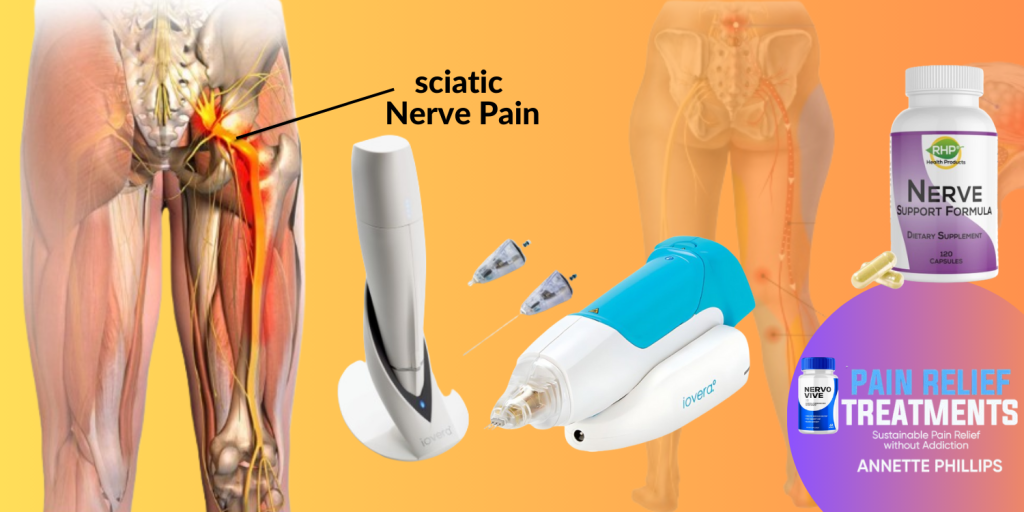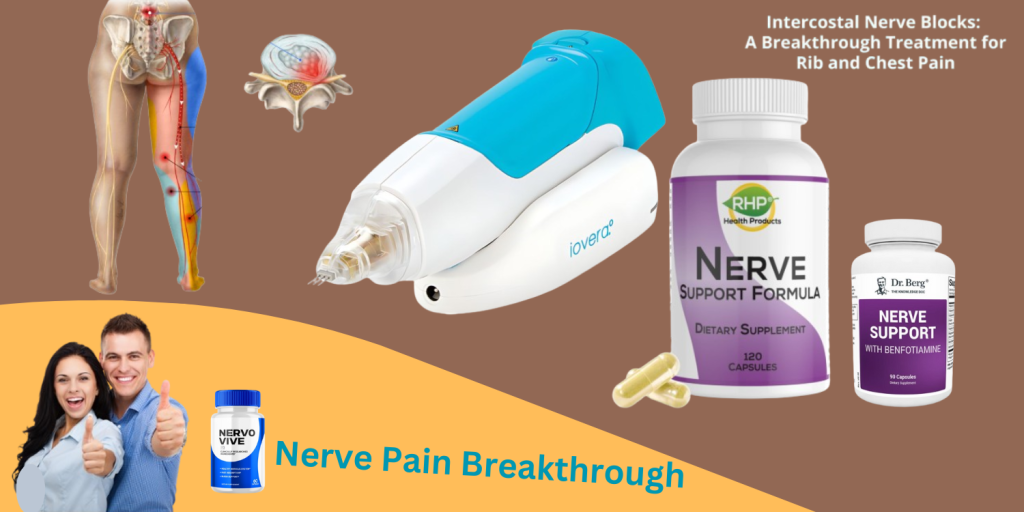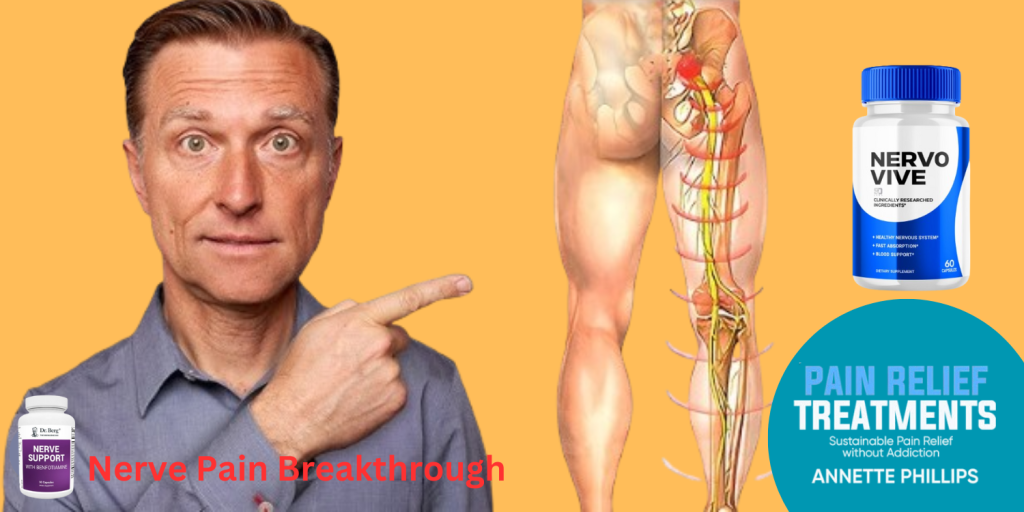Introduction about nerve breakthrough pain?
Nerve breakthrough pain refers to a marked and intense worsening of pain that occurs in patients with chronic nerve pain who are receiving ongoing treatment at regular intervals. This type of pain typically surfaces as a complication when administering medication or treatment for diseases such as multiple sclerosis, nerve damage, or neuropathy, or following surgery. Breakthrough pain occurs intermittently; usually it is more severe and/or of longer duration than the baseline pain.
It is difficult to manage because it often results from certain endeavors or stress, or sometimes no apparent cause at all is detected. Nerve breakthrough pain is the result of damage or a malfunction in the neural system, through which increased sensitivity to pain by the nerves or irregular transmission of pain occurs.
Cognitive behavioral therapy and pharmacological interventions may be immediately required, supplemented by changes in lifestyle and counsel; hence, a multimodal management model may often be applicable. Due to the considerable impact of nerve breakthrough pain on daily living and psychological well-being, it is necessary to understand the pathophysiological mechanisms in the case of improving the approaches and promoting the quality of patients’ lives.

What does breakthrough pain mean?
Breakthrough pain may be defined as sudden episodes of intense pain that are capable of “breaking through” the pain control provided by long-term maintenance pain therapies. It occurs to those with chronic pain issues, like cancer, nerve injuries, or other chronic diseases, even if the baseline pain is reduced by medications or therapies.
These episodes are relatively short and can last from a few minutes to several hours, but the pain can be very intense and limit a man’s activity. Breakthrough pain is frequently divided into two categories: mechanical pain, which is pain resulting from particular motion or activity, and forgetting pain, which is pain with no apparent cause.
Managing breakthrough pain is a major challenge because it is episodic and varies in intensity. Short-acting opioids, for example, fast-acting opioids, are normally combined with the existing medication that a patient uses in his or her treatment. Knowing what breakthrough pain is enables those coping with chronic pain disorders to work on individually customized exact plans, thus guaranteeing that they receive optimal and timely relief and any improvement in their general quality of life.
What stops nerve pain immediately?
Most people with nerve pain require drugs that work more quickly and alleviate the underlying cause of the condition in order to avoid all those feelings at that particular point. Even though it might not always be feasible to completely eradicate nerve pain right away, there are several quick fixes that can help:
1. Medication: For mild nerve pain, nonprescription drugs such as paracetamol or any nonsteroidal anti-inflammatory drugs (NSAIDs) may help. Patients can find fast-acting prescription drugs like topical capsaicin creams, lidocaine patches, or short-acting opioids to act instantly in severe cases.
2. Cold or Heat Therapy: Although an ice pack can make the area feel cold and reduce swelling and shooting pain from nerves, a heating pad can help to soothe sore muscles and promote blood flow.
3. Positioning: Whether it is a sciatica nerve root or a herniated disc that has pressed on the nerve, you can alleviate the pain through position changes, elongation, or removing pressure from the infected nerve.
4. Relaxation Techniques: When the pain occurs, it may help to take deep breaths, meditate, or both.
In order to find out why the condition is present and to ensure durable, effective treatment is present, a doctor must be consulted.
What are the benefits of using this nerve breakthrough pain?
This is because the efficient therapies used on nerve breakthrough pain are advantageous in handling chronic pain disorders; note that quality of life is tremendously improved. One of the most important advantages: acute episodes are a part of the chronic process, and therefore it is crucially important to have rapid pain relief during such episodes so the patient does not suffer for days. Maybe this instant relief can help reduce the anxiety resulting from unpredictable painful episodes to a certain degree.
As these targeted treatments prevent such risks or lifelong disease dependence, topical drugs and other instant treatments for pain relief assist to decrease pain without any need to raise the basic prescription dosages. Considering that uncomplicated relapses often prevent sleep and exacerbate fatigue, proper control of breakthrough pain also enhances sleep.
Continuous pain management, as well as psychological well-being, is being free of depressive, powerless, and frustrated feelings that go hand in hand with the persistence of pain. Outcomes for patients from successful management of nerve breakthrough pain include enhanced mobility and independence and enhanced perceived general health and vitality.

What works immediately for nerve pain?
The stimuli often require specifically targeted and fast-acting treatments because the underlying nerve pain needs to be relieved immediately. Even though total nerve pain relief might not happen right away, there are a few methods that might assist in easing symptoms fast:
1. Topical Treatments: Things that make the area insensitive or block nerve endings, for instance, with a lidocaine patch or creams containing capsaicin, may provide immediate relief in the area of the skin involved.
2. Drugs: Paracetamol and ibuprofen are examples of the over-the-counter sharpening drugs that may help with slight nerve queer pain. Some patients might benefit from non-arthritic prescription analgesics such as nerve-specific agents (for example, gabapentin or pregabalin) or short-acting opioids.
3. Cold or Heat Therapy: A heating pad soothes the irritable nerves through muscle relaxation and with boosted blood circulation; on the other hand, an ice pack constricts the blood vessels so as to eliminate painful sensations due to inflammation.
4. Physical Adjustments: discomfort can be minimized by changes in position, reaching, or gently rubbing the sore part.
In this case, incorporating these techniques with expert advice will automatically guarantee safer, more efficient pain management that deals with the true source of pain.
What is the strongest pain relief for nerve pain?
Failed back surgery is a good example of neuropathic pain, which would require an appropriate blend of drugs and other treatments due to the specificity of the agony caused. Some of the best treatments with regard to nerve pain are normally associated with prescription medications. These consist of:
1. Anticonvulsants: Both of these drugs—gabapentin and pregabalin—are extremely good for treating nerve pain because they are specifically designed to lessen exaggerated nervous activity.
2. Antidepressants: Because these transmit pain signals differently, tricyclic antidepressants like amitriptyline and serotonin-norepinephrine reuptake inhibitors like duloxetine are often prescribed for nerve pain.
3. Opioids: In severe cases, physicians may administer powerful morphine or oxycodone, in particular for a short time; however, because of the risk of dependence, these drugs are administered sparingly.
4. Topical Agents: Regional pain is treated with capsaicin lotions and lidocaine patches that do not affect the complete body.
This means that treatment needs to involve not only pharmacology but also physiotherapy, relaxation techniques, and changes in one’s lifestyle. In individual patient treatment, always consult a doctor.
nerve pain Conclusion?
To sum up, neuropathic pain, or nerve pain, is a complex and often severely limiting condition caused by damage or dysfunction of the nervous system. It can significantly turn a person’s life into a nightmare due to either emotional upset, immobility, or constant pain. In this case, medication in combination with changes in diet and smoking, physical therapy, as well as psychological counseling, are essential.
Topical agents, antidepressants, anticonvulsants, and interventional therapies have enhanced the ability to manage and alleviate nerve pain. Other factors, such as a balanced diet, regular exercise, self-stress, and proper sleep, also enhance one’s general health; hence, support the treatment.
Nerve pain might be hard to manage, but results can be expected to improve due to the development of individualized programs depending on the cause of the pain or the extent of the pain. So, a great number of individuals are capable of regaining their ability to manage their own lives and enhance their state by reaching out for the required support and help.
